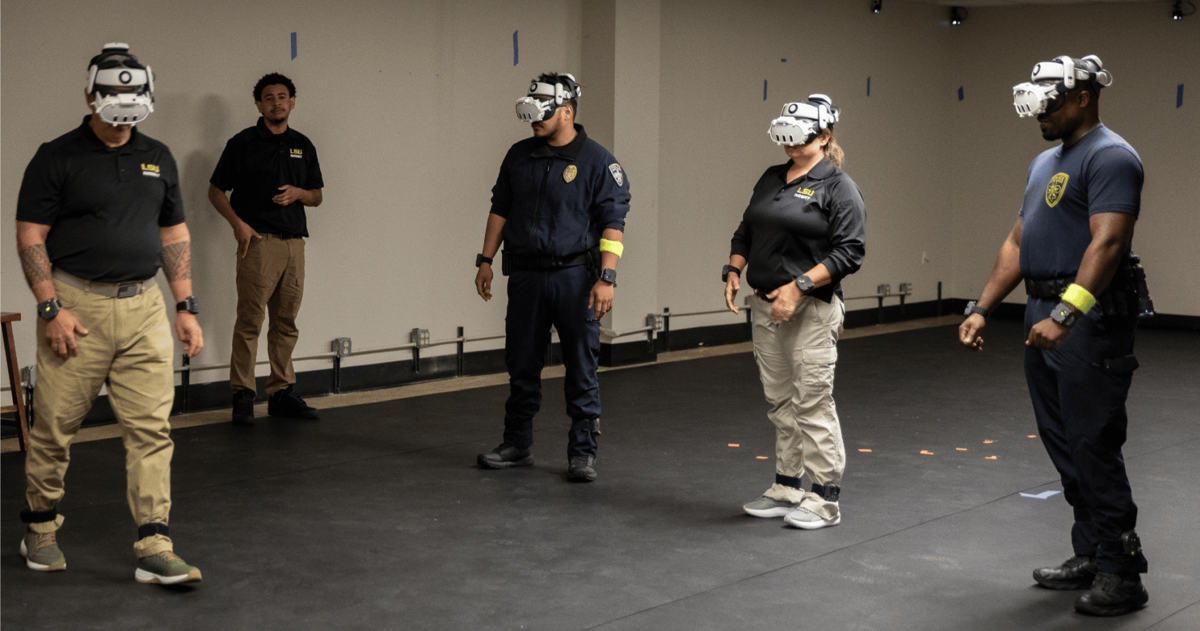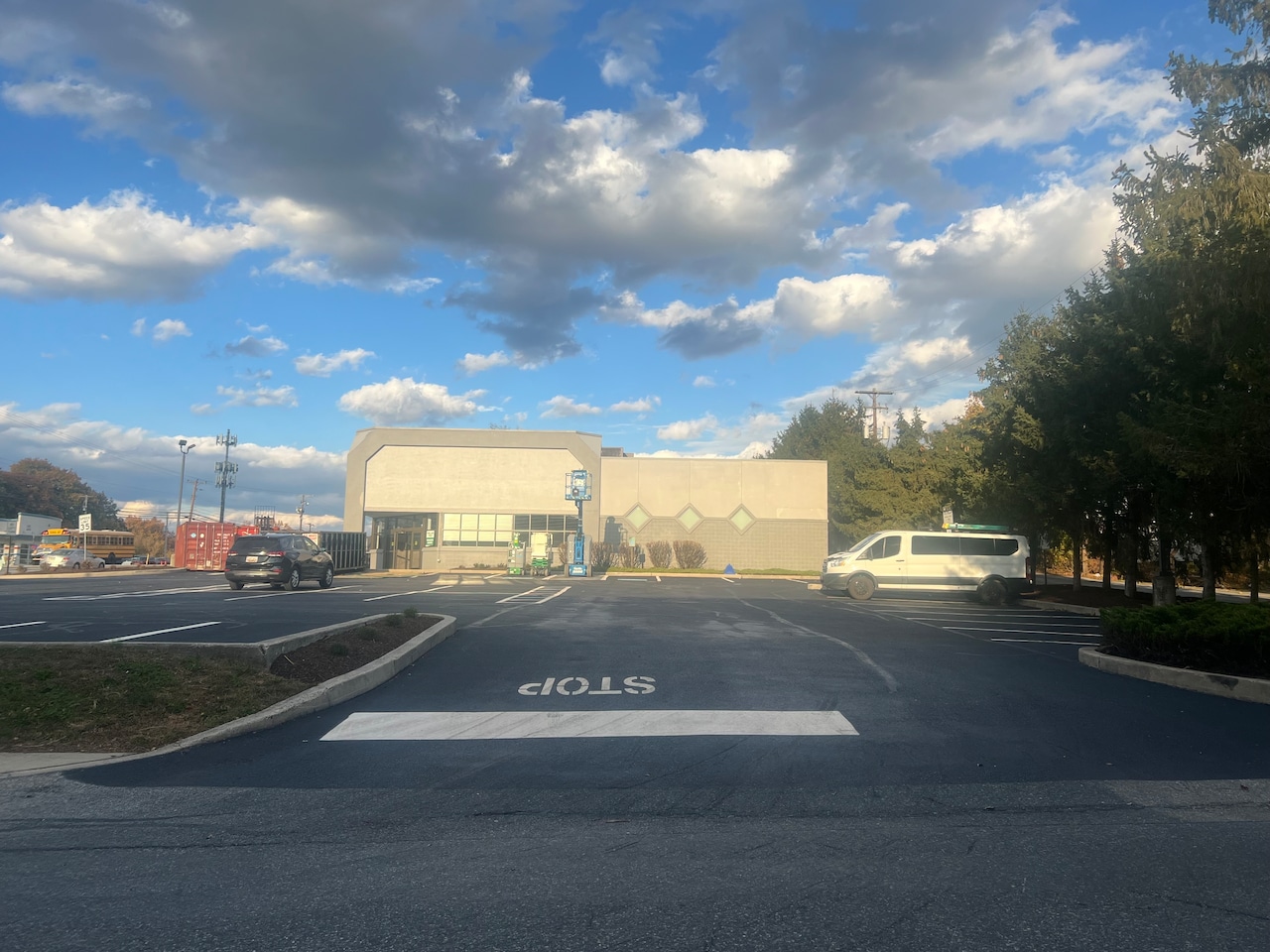Copyright Baton Rouge Advocate

Counterterrorism training instructors from LSU are teaching local law enforcement officers that virtual reality is more than just gaming headsets and controllers. The Baton Rouge Police Department is the latest agency to train at LSU's National Center for Biomedical Research and Training/Academy of Counter-Terrorist Education. In October, its officers went through sessions focused on de-escalating encounters between police and people suffering a mental health or substance-abuse crisis. Traditional de-escalation training and "shoot/don't shoot" activities involve officers using their imagination and engaging in role-play with instructors. The VR classes give officers the chance to face the same threats they might see in the real world but in an immersive virtual scenario built around them by an instructor. "Often when we're doing scenario-based training, it's all conceptual," said Jason Krause, associate director of operations and plans for the academy. He described a traditional training where he would ask officers to imagine they are in a park, interacting with a homeless person who is in crisis due to not having slept or eaten in a few days and who might be suffering from schizophrenia. "Well, in virtual reality, I can put them in a park, and they've got 30-by-60 feet to actually walk around," Krause said. "They can see into infinity, to the horizon, like we can. They can be outside and see the sun and see it rain if we want it to rain." Krause said the training software offers a number of settings, from apartments and homes to a library, classroom or dorm room. The VR system used for de-escalation is smaller than another system made for active-shooter scenarios, and fits into as small as a 40-by-40-foot space. Multiple officers can explore this space at the same time, interacting with each other as well as virtual avatars. "Normally, you got maybe some other participants, a couple volunteer role-players to help you," Krause said. "Now, all of a sudden, if I want an officer to have to go to the library and engage with someone in a library, I can have 20 other patrons in the library because they're avatars in the virtual reality world." Krause said introducing those simulated actors especially resonates with officers when the virtual bystanders are children. These factors work to break down the base comfort that participants would normally feel when going through traditional shoot/don't-shoot scenarios in their place of employment. After officers run through scenarios, they review what just happened with an instructor while watching it play back on a monitor. The goal is usually for an officer to resolve the conflict without an escalation in force or possibly to get medical assistance for the subject. The beauty of the simulation, according to Krause, is that every movement is recorded, so there is no room for an officer's memory of the exercise to be influenced. "Every single thing is captured. So, their movements, their discussions, their radio calls," Krause said. "When you do this without VR, it's very subjective." To Krause, it also allows officers to bypass defensiveness during the training and get right to the learning. "When they realize that, they begin self-critiquing a lot faster," he said. Sessions after the simulations even include watching the exercise play out from multiple angles, including the point of view of the person in crisis. LSU's Counter-Terrorist Academy The academy was founded in 1998 as an original member of the National Domestic Preparedness Consortium, a group of universities and federal agencies tasked with preparing for domestic terrorist attacks, especially those involving weapons of mass destruction. Partners originally each brought expertise in responding to a specific threat: natural disasters at the University of Hawaii's center, nuclear or radioactive attacks at the Nevada National Security Site, and biological attacks for LSU's academy. As time went on, and more modern threats developed, the roles of the centers changed. Now funded by the Department of Homeland Security, the consortium acts as the agency's main training partner for state and local first responders in the face of domestic terrorist threats. "We have adopted a broader, all-hazards outlook, the consortium has," Krause said. "So our law enforcement lane, what we focus on with law enforcement, moved from just weapons of mass destruction to unfortunately an active-threat focus." Instructors with the academy offer free training on active-shooter threats to local law enforcement agencies from as far as Alaska, and to bureaus as big as the Los Angeles and New York police departments. The VR de-escalation training is funded through a Department of Justice grant the academy received. The academy provides between 500 and 750 trainings across the country in any given year. Not all of these use virtual reality, and most aren't for de-escalation. But Krause said that at least four times a year, the academy will take the system on the road to train officers in other parts of the country on de-escalation.



